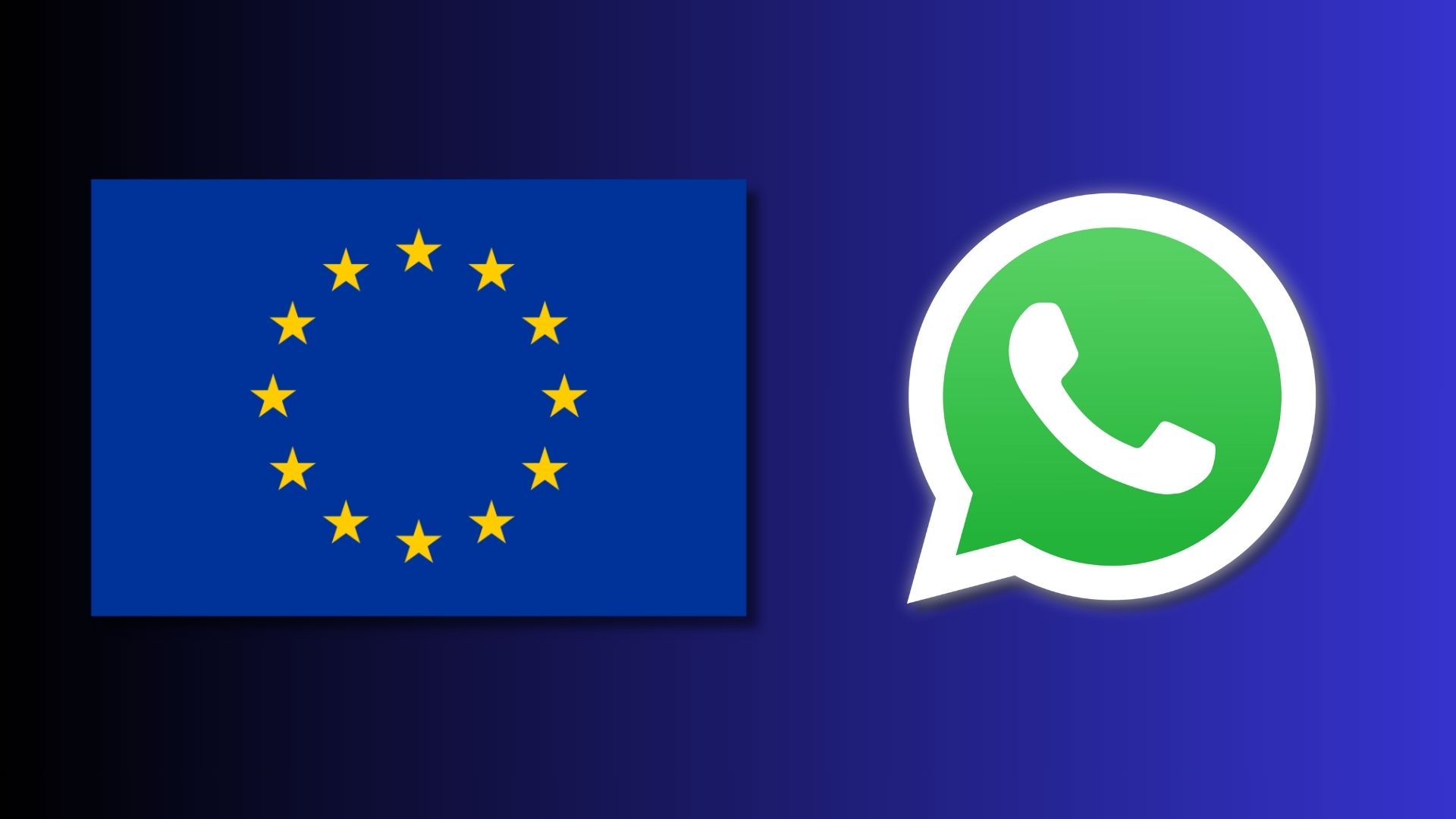A UK pornographic website has been fined £1m by Ofcom for failing to comply with mandatory age verification under the Online Safety Act. The company, AVS Group Ltd, did not respond to repeated contact from the regulator, prompting an additional £50,000 penalty.
The Act requires websites hosting adult content to implement ‘highly effective age assurance’ to prevent children from accessing explicit material. Ofcom has ordered the company to comply within 72 hours or face further daily fines.
Other tech platforms are also under scrutiny, with one unnamed major social media company undergoing compliance checks. Regulators warn that non-compliance will result in formal action, highlighting the growing enforcement of child safety online.
Critics argue the law must be tougher to ensure real protection, particularly for minors and women online. While age checks have reduced UK traffic to some sites, loopholes like VPNs remain a concern, and regulators are pushing for stricter adherence.
Would you like to learn more about AI, tech, and digital diplomacy? If so, ask our Diplo chatbot!










